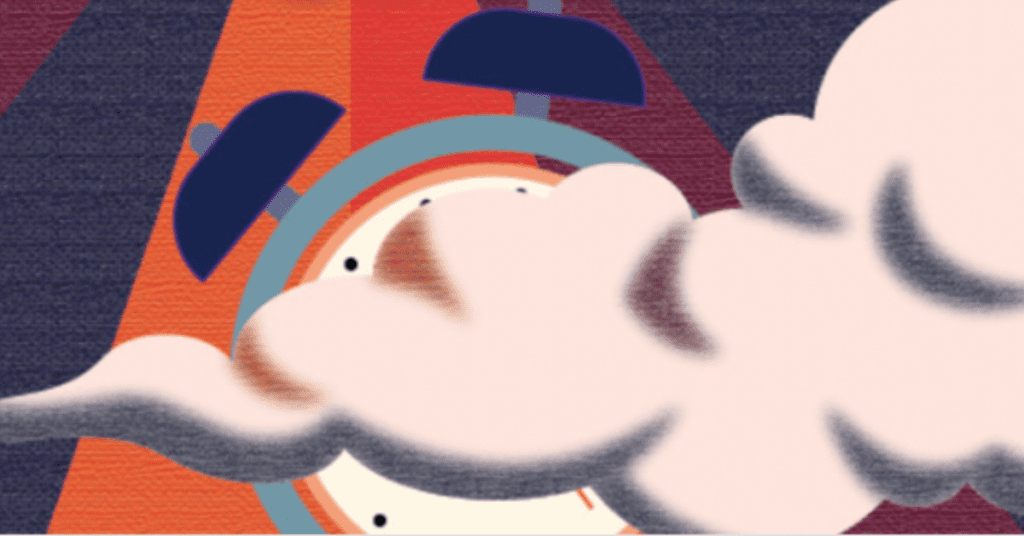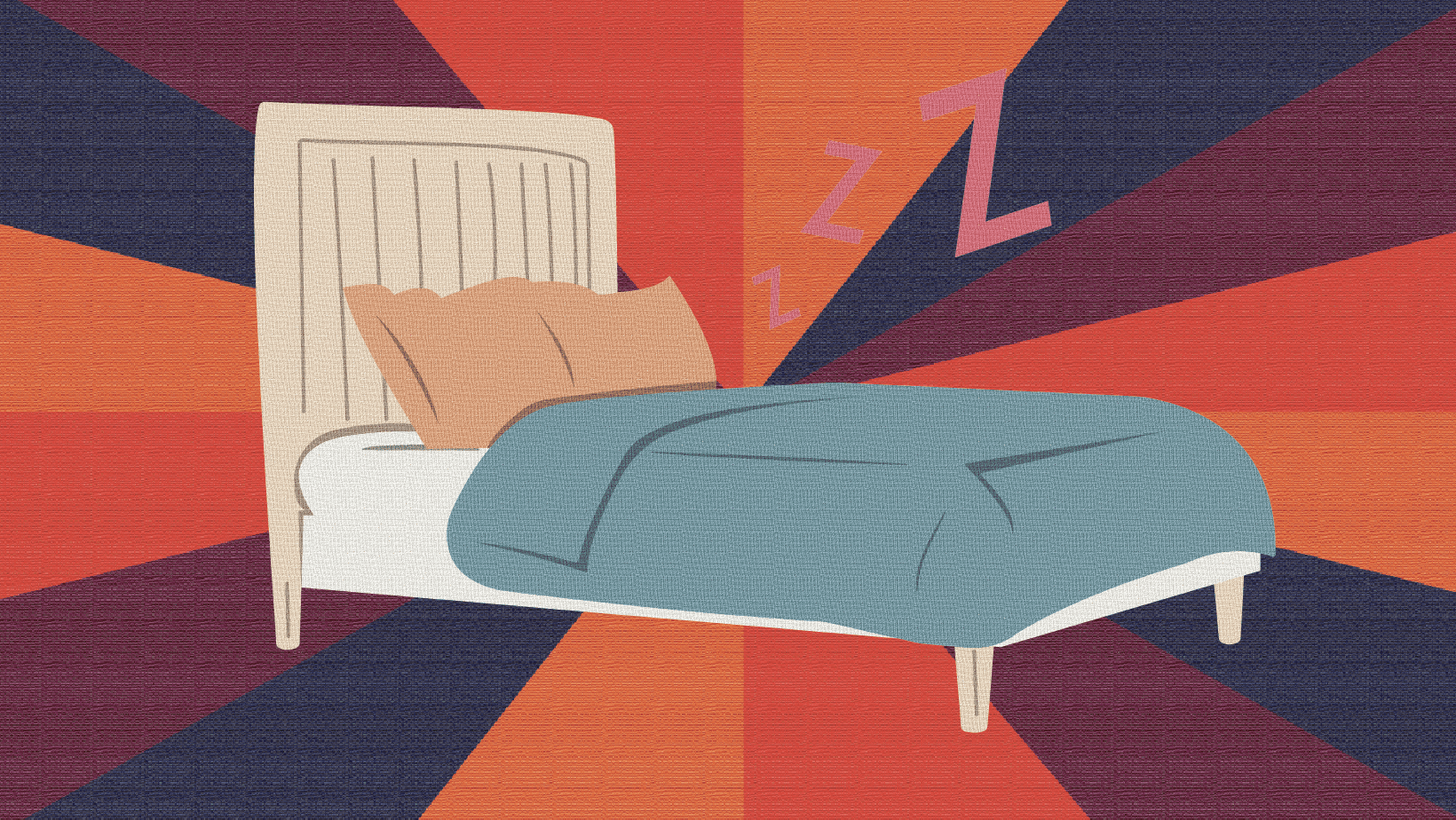Introduction
Sleep is an essential component of overall health and well-being at any age. However, as individuals age, changes in sleep patterns and an increased prevalence of sleep disturbances can significantly impact their quality of life. This article delves into the impact of sleep on the aging process and overall health. We will examine common sleep disturbances experienced by older adults, explore their causes and discuss potential interventions to improve sleep quality and promote healthy aging.
The Impact of Sleep on Aging and Health
- Cognitive Function: Adequate sleep plays a vital role in maintaining cognitive function. It supports memory consolidation, information processing and problem-solving abilities. Older adults who experience insufficient or disrupted sleep show a link to decreased attention span, impaired memory and reduced cognitive performance.
- Physical Health: Quality sleep is crucial for optimal physical health. It supports immune function, helps regulate hormones and facilitates the body’s healing and repair processes. Chronic sleep deprivation or poor sleep quality in older adults can be associated with an increased risk of cardiovascular disease, diabetes, obesity and weakened immune systems.
- Emotional Well-being: Sleep disturbances can contribute to emotional and mental health issues. Older adults experiencing poor sleep are more susceptible to mood disorders such as depression and anxiety. Sleep deprivation can intensify feelings of irritability, fatigue and stress, impairing overall emotional well-being.

Common Sleep Disturbances in Older Adults
- Insomnia: Insomnia, characterized by difficulty falling or staying asleep, is a prevalent sleep disturbance among older adults. Contributing factors may include underlying health conditions, medications, lifestyle changes or increased sensitivity to environmental factors.
- Sleep Apnea: Sleep apnea is a disorder where breathing stops repeatedly and starts again during sleep. It can lead to fragmented sleep and oxygen deprivation. Older adults are at a higher risk of developing sleep apnea due to age-related changes in throat muscles and the increased prevalence of obesity.
- Restless Legs Syndrome (RLS): RLS causes an irresistible urge to move the legs, usually accompanied by uncomfortable sensations. Symptoms often worsen during rest or in the evening, leading to sleep disruption and daytime fatigue. RLS can be idiopathic or related to certain medical conditions.

Potential Interventions to Improve Sleep Quality
- Sleep Hygiene Practices: Establishing a regular sleep schedule, creating a comfortable sleep environment, avoiding stimulating activities before bedtime and reducing exposure to electronics can improve sleep hygiene. These practices help signal the body to wind down and promote better sleep quality.
- Cognitive Behavioral Therapy for Insomnia (CBT-I): CBT-I is a proven therapeutic approach for managing insomnia. It focuses on identifying and changing negative thoughts and behaviors related to sleep. CBT-I can help older adults develop healthy sleep habits, manage anxiety around sleep and promote relaxation techniques.
- Continuous Positive Airway Pressure (CPAP): CPAP therapy is a common recommendation for individuals with sleep apnea. It involves wearing a mask during sleep that delivers continuous airflow, ensuring open airways and reducing apnea episodes. CPAP can improve sleep quality and alleviate associated health risks.
- Medications and Alternative Therapies: In some cases, healthcare professionals may prescribe sleep medications for short-term relief from sleep disturbances. However, these should be used judiciously due to potential side effects and dependency. Alternative therapies like relaxation exercises, aromatherapy or soothing music can also aid in promoting better sleep.

Conclusion
Sleep disturbances can significantly impact the health and well-being of older adults. Recognizing the importance of quality sleep for healthy aging and addressing and managing common sleep disturbances is crucial. By implementing sleep hygiene practices, considering therapeutic interventions such as CBT-I or CPAP and exploring alternative therapies, older adults can improve sleep quality, enhance cognitive function, support physical health and foster overall well-being. Prioritizing sleep is vital in promoting healthy aging and enjoying a fulfilling and rejuvenating life.
At TopDoctor Magazine, our mission is to foster connections within the health and wellness community, acting as a vital bridge between doctors and patients and facilitating collaborations between medical companies and healthcare professionals.
Our purpose extends to empowering our readers, providing them with the knowledge to make well-informed healthcare and lifestyle decisions.
We take pride in being the ultimate resource for interviews with health and wellness leaders, delivering trending medical news, and covering a wide range of healthy living topics.






0 Comments